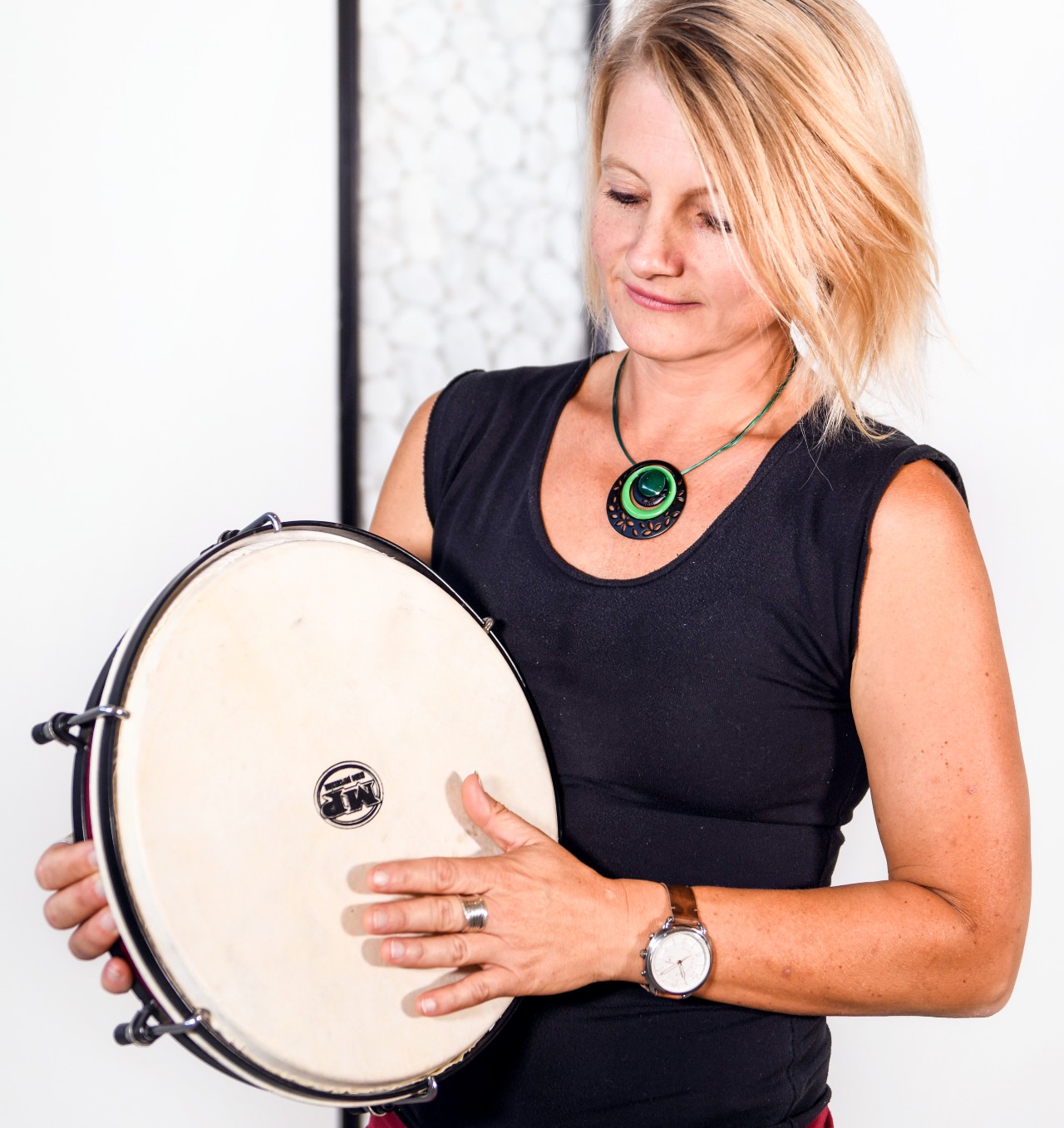Unlocking the healing power of music: Jeanette Tamplin on Revive's $4.2 million funding for art and music therapy research

In this article, Associate Professor in Music Therapy, Jeanette Tamplin, discusses the Australian Government's $4.2 million investment in art and music therapy research, examining its significance and potential impact on countless individuals across the nation.
--
As a music therapist with over 25 years of experience, I've seen first-hand the transformative impact that music can have on the health and wellbeing of individuals across all ages and conditions.
Whether it's helping children with autism find their voice or supporting stroke survivors to regain their ability to speak, the impact of music therapy is undeniable.
But despite the overwhelming evidence about its effectiveness, music therapy has historically struggled to secure the funding and recognition it deserves.
This has made it challenging for therapists like me to build the necessary evidence base to demonstrate its power to policymakers and the public.
That's why the recent news of $4.2 million in government funding for art and music therapy research through the National Cultural Policy, 'Revive: a place for every story, a story for every place', is such an exciting development.
It clearly indicates a growing recognition of the cultural benefits of music participation, and the importance of music therapy research and professional practice in achieving health goals.
As a researcher, my focus has been on building the evidence base for music therapy, particularly in areas such as motor speech rehabilitation following acquired brain injury, respiratory and voice rehabilitation for people with spinal cord injury, and innovative projects in the areas of dementia, Parkinson's, and stroke.

Music therapy is an allied health profession that harnesses the healing power of music in conjunction with a trained therapist to help people achieve health goals and increase their quality of life.
It provides a safe, accessible, and socially acceptable way for individuals to explore their emotions, particularly in the context of communication challenges.
In my work, I have seen people find their voice in music therapy for the first time following a brain injury. I have also supported people to sing words they find difficult or impossible to say when speaking and have witnessed people find meaning and purpose through musical participation in therapeutic choirs.
The effects of diseases like dementia often become invisible in group singing settings, and music becomes a means for all participants to contribute equally, leading to feelings of fulfillment and joy.
Music therapy is commonly used for people with disabilities, as it can help increase their independence, quality of life, and participation in the arts.
With approximately one in five Australians and 9% of people working in the cultural and creative sector identifying as having a disability (Australian Bureau of Statistics 2019; Meeting of Cultural Ministers 2018), the 'Revive' funding has the potential to support more individuals and communities and make music therapy more accessible.
As an academic at the University of Melbourne and President of the Australian Music Therapy Association, I'm thrilled to see the government's recognition and support for music therapy in the 'Revive' Policy.
This funding will enable us to build a stronger evidence base for music therapy, demonstrate its effectiveness, and provide greater access to this powerful form of therapy.
Music is a universal language, and music therapy ensures that it's also a healing language that can transform lives.